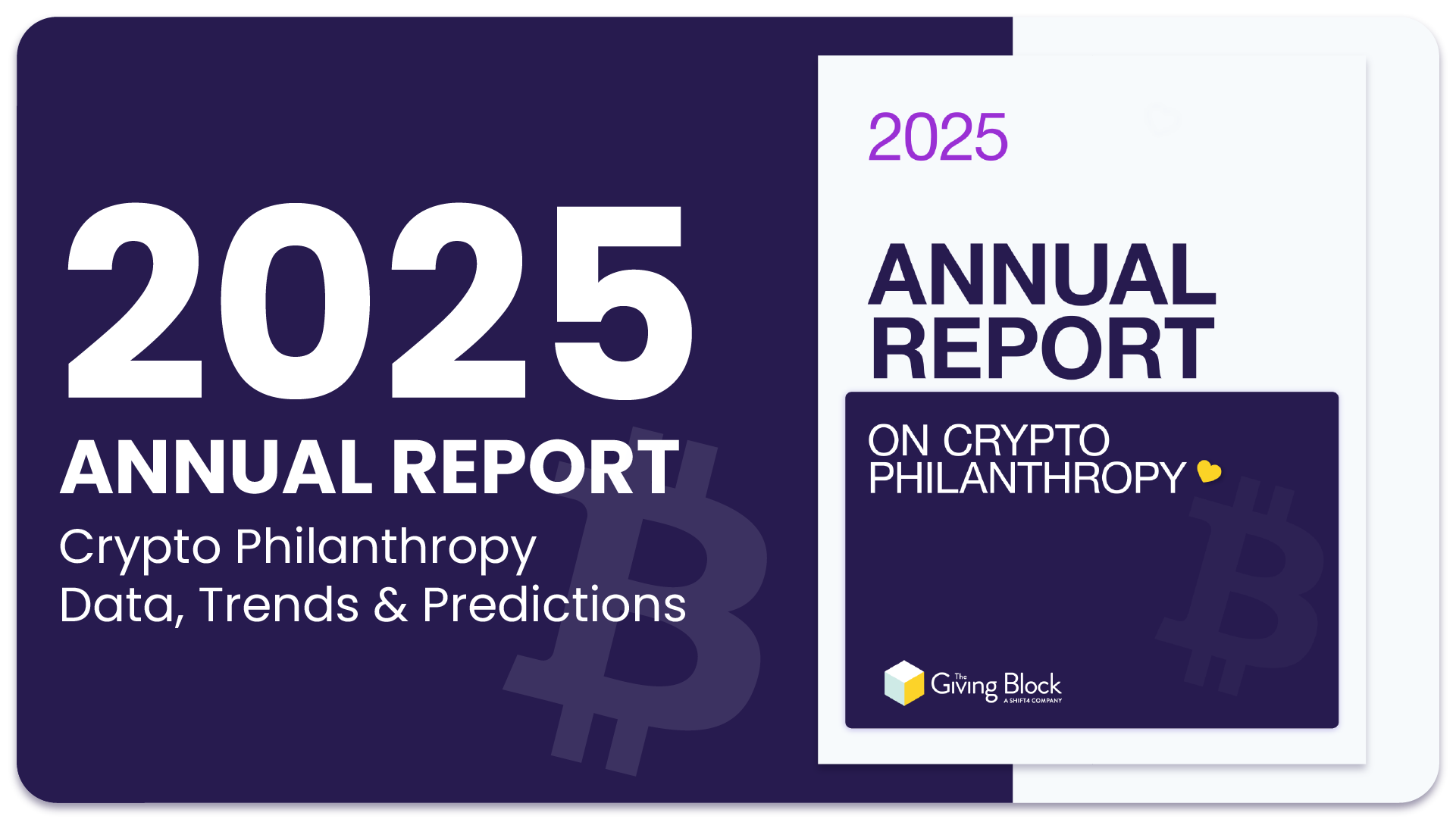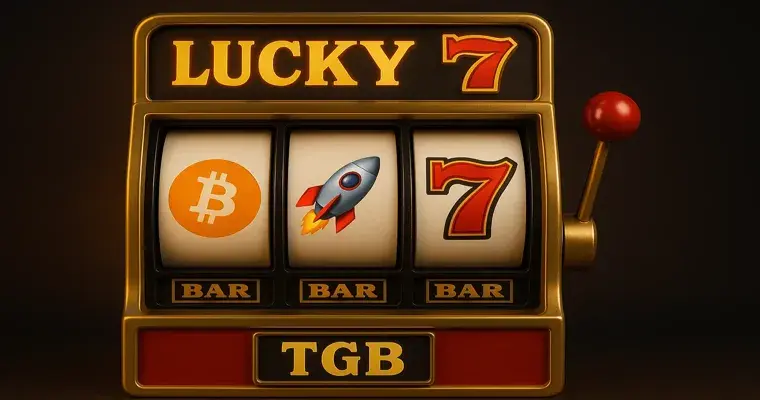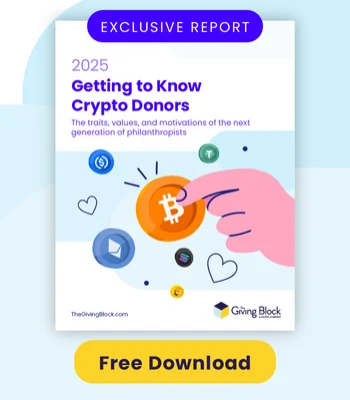An interview with Ryan Park and Kelsey Driscoll of Upbring.
Upbring is a 501(c)3 organization with a mission to break the cycle of child abuse by empowering children, families and communities in Texas. Its intergenerational approach to advancing child wellbeing includes foster care programs, adoption services, and other support systems and resources. Since 2021, they have used The Giving Block’s nonprofit fundraising solution to accept crypto donations.
Tell us about your background in the nonprofit space, and what inspires you about Upbring and its mission.
Ryan: “Each member of Upbring’s Innovation Lab comes from diverse backgrounds predominantly outside of the nonprofit space–making us a pretty unique team for child welfare.
I spent the first 12 years of my career in the digital media and creative industry–first as a co-founder of a creative agency, then as a program head at digital media companies. I had somewhat of a quarter-life career crisis, wherein I realized what was missing from my career and work was the simple act of helping others. When I came across Upbring (and frankly, the work happening across the child welfare industry), I felt called to marry my business skillsets with my passion to make the world a better place; it was evident that the company and industry could benefit from new, innovative approaches.
Upbring’s mission of breaking the cycle of child abuse was something that drew me in, but its willingness and openness to explore a breadth of approaches is what has kept me. We have been truly blessed to have the opportunity to establish one of the first tech and business Innovation Labs in Child Welfare, and a few years later we’re building areas of impact that are self-sustaining.”
Kelsey: “My mother worked in education her entire career and raised me with the belief that ‘there are no good or bad kids. There are kids that feel safe and kids that do not,’ and that always stuck with me. I spent about the first decade of my career in Washington, D.C., consulting on social impact strategy and management with clients ranging from federal agencies to multinational NGOs to small local public private partnerships – innovation focused but issue agnostic. Upbring Innovation Labs has awarded me the opportunity to couple my values and my skillset to make a real and lasting impact. Not only is Upbring exceptional at delivering direct services, but we are also dedicated to acknowledging and addressing the long-term systemic issues that contribute and perpetuate the cycle.”
What were the conversations like at Upbring when you first started talking about crypto as an organization?
Ryan: “Our team comes from techy backgrounds but explaining new technologies to stakeholders in legacy industries can be challenging–I expect The Giving Block (TGB) team knows a lot about this. As an innovation lab at a legacy nonprofit which has served its communities for 138+ years, conversations around exploring new technologies began as a slow burn. Even before crypto-enablement and working with TGB, we found that the simplest way to communicate the need for new tech in our industry was to compare the advances technologies have made in our personal lives by comparison to child welfare, or education, or mental health. We would say something like ‘Hey! From the seat of our couches, we can order food from Uber Eats, stream Netflix, furnish our house from an Amazon app, chat with people around the world, and book our next vacation; the underlying technologies that make our personal lives so easy, need to be explored for our industry and the people we serve. If [insert nonprofit category] could leverage just 10% of the tech and business solutions that we see in our personal lives to drive better outcomes, just imagine how much we could do.’ Then we would share SROI, ROI, and scalability metrics to push the conversation.”
Kelsey: “As a 100+ year organization, we know that as the world shifts all around us, we must keep up. We must be able to leverage new technologies to make us resilient and sustainable over time. We started seeing conversations about Web3 percolate in our own professional networks and began to explore the crossover of cryptocurrency into social impact in 2021 when NFTs really began to take off. At first, like any nonprofit, there was concern about risk and skepticism about relevance, but the key to unlocking our web3 potential was in education – communicating how the unique and innate benefits of blockchain technology could address the persistent challenges in child welfare with which we are all too familiar.”
Can you share some examples of how Upbring’s web3 strategy has grown since starting to accept crypto donations with The Giving Block?
Ryan: “As mentioned before, we recently launched The Crypto Endowment for Better Childhoods. Donors can invest in our work as an innovation lab by sending the endowment crypto. Where the endowment differs from simply accepting crypto is in the fact that crypto donations are not immediately converted to fiat (USD), but instead we HODL–as the market grows, so does the endowment. Once the endowment reaches materiality (which we are defining as above $500k USD in value), we will begin pulling a small percentage of the gains to fund our work each year.
We are taking this a step further. We very much need investments from altruistic donors who believe in our efforts to leverage Web3 and new technologies to prevent child abuse, but we also recognize that our lab can build itself into blockchain ecosystems to generate earned-revenue streams. We are actively forming partnerships with protocols to build ourselves into their ecosystems. We are also actively looking for Web3 companies who are interested in building us into their ESG and Social Impact efforts–all with the goal of funding our endowment through participation. These efforts are highlighting a sustainable and exciting way that nonprofits can fund their efforts to make tomorrow a better world for everyone.”
Kelsey: “As web3 is the next iteration of the internet, it was important for us to consider the application of blockchain across all areas of our business. In addition to the sustainability efforts Ryan described above, we are also exploring how the tech can be applied to programming. For example, we are currently working with a handful of partners to develop a private blockchain application to automate, expedite, and de-risk child welfare data management. Yes, cryptocurrency is a new funding stream, but we realized that the underlying blockchain technology is where the value and opportunity truly lie.”
When you think of crypto’s potential to change lives, what do you hope that the crypto/web3 community will stand for?
Kelsey: “Blockchain technology allows for immutable, trustless, peer to peer interactions – how we apply that technology is completely up to us. My hope is that the community will leverage those qualities to bring out the best in our collective, to create a more equitable and inclusive economic landscape so that regardless of citizenship, race, age, gender, sex, or creed, all children and families can thrive.
Our world is not there yet and crypto is not some panacea that will erase all that ails us. But I hope that the community stays curious, keeps innovating, continues to build with intention. It is our responsibility, those of us that are “early,” to weave social responsibility into the fabric of this new iteration of the internet so that we can leave the next generation a system that is more inclusive, sustainable, and empowering than the one that we inherited.”
What would you say to a board of directors that’s on the fence about accepting cryptocurrency donations?
Ryan: “Like any business decision, you need to commit yourself to learning about the basics of the technology, accounting, legal and general ecosystem. While there are downsides to virtually every technology and industry, including the nonprofit industry, you should quickly find that it’s a bigger risk not to accept cryptocurrency donations than it is to accept crypto.
The majority of nonprofits are struggling with an aging donor demographic and shifting macro conditions that make fundraising difficult. That’s the reality of the nonprofit world, especially right now–during times of economic uncertainty. If you aren’t accepting cryptocurrency in 2023, you are falling behind; if you aren’t accepting cryptocurrency, you are not doing everything you can to fundraise successfully.
If you are reading this interview, you’re already winning. Keep learning about cryptocurrency, de-risk it through knowledge, and dive in!”
The current bear market seems to have some nonprofits (and investors) wondering about crypto’s future. Where do you see Crypto Philanthropy going in a year, two years, even five years from now?
Ryan: “Speaking honestly, Crypto Philanthropy is pretty fluid right now. Two years ago, simply accepting crypto was cutting edge. Last year, NFTs were exploding and presented partnership opportunities and fundraising opportunities were flourishing. This year, we’ve made an effort to build ourselves into ecosystems and will continue to do so.
We don’t know where Crypto Philanthropy will be in a year, two years or even five years…what we do know is that you can wait for the future, or you can create it. We’re going to create the future, and encourage other nonprofits to do the same by diving into Crypto Philanthropy and actively joining the Web3 community on Twitter, Discord, Telegram and other social platforms. Or as they say: Ape Together Strong.”
See how nonprofits accepting crypto donations with The Giving Block are diversifying their revenue streams and successfully engaging Millennial and Gen Z donors.




















